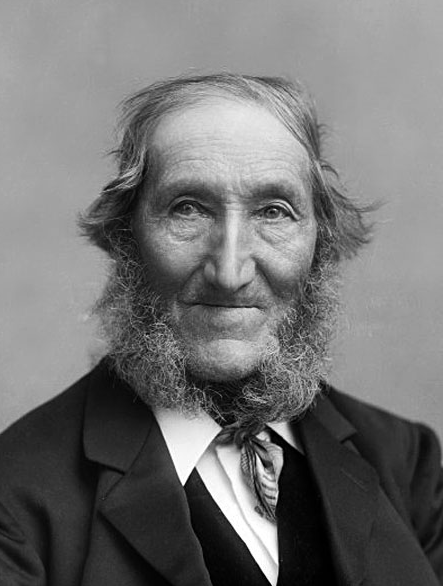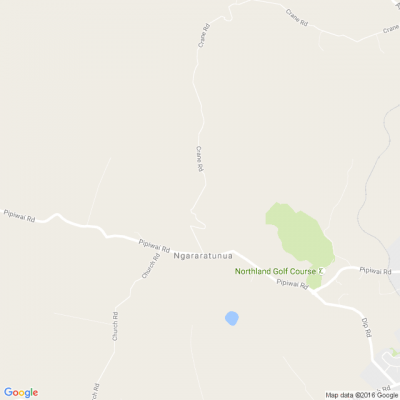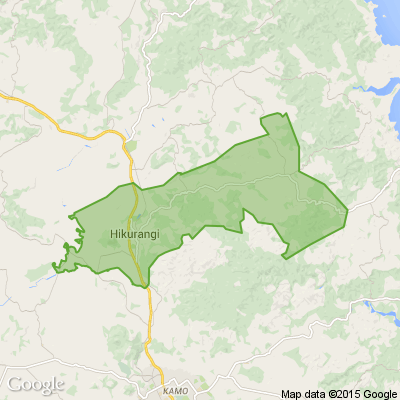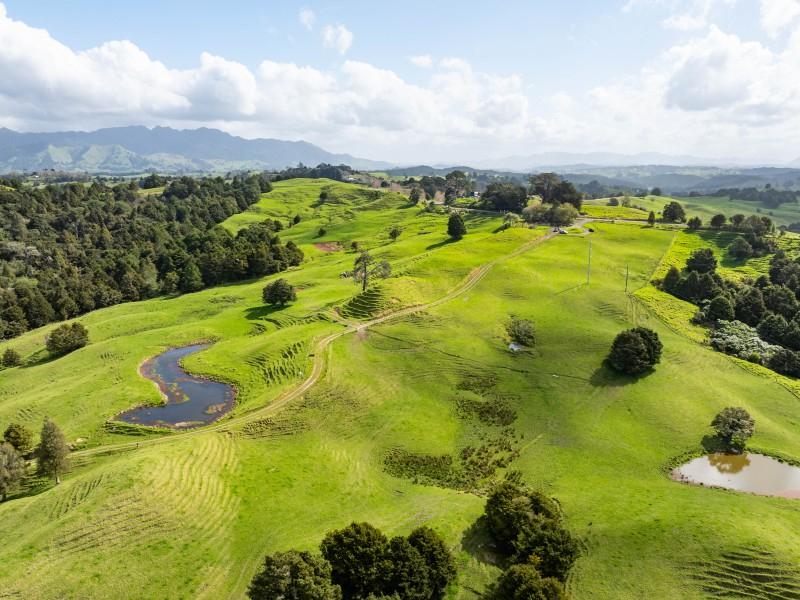The Driving Force Of Western Culture
Christianity behind much of what we value. Visiting speaker J. Johns, UK.
'Increasingly, I'm coming across a distorted view of history and society. It is taken for granted that the values we prize, and which most of the world seems to want, are simply accidents of history. The truth is that Christianity played a significant role in shaping what we call “the West”.
Consider human rights; the idea that every individual has rights and freedoms. It is most famously expressed in the American Declaration of Independence: “... all men are created equal ... they are endowed by their Creator with certain unalienable rights, that among these are life, liberty and the pursuit of happiness."
It's no coincidence that Amnesty International, the leading human rights group, was founded in 1961 by Peter Benenson — a Christian.
Consider children. In the ancient world as in parts of the modern world - children were of little value.
However, following the example of Jesus (Matthew 19:14), Christianity values children. That high evaluation was worked out in the creation of orphanages by Christians such as Thomas Barnardo, Charles Haddon Spurgeon and George Muller, and in the labours of the tireless Lord Shaftesbury in creating laws to restrict the use of children in factories and mines.
Consider education. Today we believe in universal education but it was not always so. History tells of the important role of Christians in promoting education not just for an elite but for all. So while some have mocked the idea of Sunday schools, by 1830 they were bringing literacy to more than a million children in Britain. At a very different level, the importance of Christianity in education is seen in the way that so many Oxford and
Cambridge colleges bear the names of saints and men and women from the Bible.
Consider the economic systems that underlie modern Western society and that have allowed health and prosperity to so many. The Christian attitude to labour and wealth, widely but simplistically termed “the Protestant work ethic", was fundamental. Its attitude to wealth was summed up in John Wesley's words: “Gain all you can, save all you can, give all you can.” Possibly even more significant was the condemnation of those scourges of every economic system: dishonesty, corruption and laziness.
Take politics: look at the correlation between stable, functional democracies and those cultures based on "biblical values”. The largest aid organisation working with the homeless, the Salvation Army, proclaims its Christian ethos in its name. The Red Cross was started by Henry Dunant -- a Christian.
Alcoholics Anonymous was started by Christians. The modern hospice movement was founded by Cicely Saunders – a Christian. The Samaritans was founded by the Reverend Chad Varah. The YMCA was originally the Young Men's Christian Association.
Care for animals? The RSPCA was founded by the Reverend Arthur Broome with that champion against slavery William Wilberforce.
Of course, I have to admit that the record is not unblemished; history also yields the names of those who, despite naming the name of Christ, sadly perpetuated evil and ignorance. Nevertheless, the record of Christianity in creating much of what we value is overwhelming.'
J John will be speaking on Easter Saturday, 7pm, at 33 Porowini Ave, Whangārei.
Caution: This Riddle Will Make Your Brain Spin!
How do eight eights add up to one thousand?
Do you think you know the answer to our daily riddle? Don't spoil it for your neighbours! Simply 'Like' this post and we'll post the answer in the comments below at 2pm.
Want to stop seeing riddles in your newsfeed?
Head here and hover on the Following button on the top right of the page (and it will show Unfollow) and then click it. If it is giving you the option to Follow, then you've successfully unfollowed the Riddles page.

Six tips for improving security around your home
1) Improve outdoor lighting
Ensure that streets, driveways, and front yards are well-lit. Motion-sensor lights around homes deter trespassers by reducing hiding spots and illuminating their movements.
2) Trim your trees
Overgrown shrubs and trees provide cover for intruders. Keeping them well-trimmed around windows and doors improves visibility and reduces potential hiding spots.
3) Secure Entry Points
Ensure doors, windows, and gates are always closed when you are away from the house. Upgrade to more secure locks, deadbolts, or even smart locks for added protection.
4) Add a security camera
Place security cameras in the main entry points to your home. Doorbell cameras are also relatively cheap and a great way to keep track of who is visiting your home when you aren't there.
5) Start a Neighborhood Watch Program
You could reach out to members on Neighbourly to form a group of neighbors who can regularly keep an eye out for suspicious activity and report it. You could also check with Neighbourhood Support to see what is existing in your area.
6) Introduce yourself to your neighbours
The closer you are to your neighbors, the more likely they’ll notice when something unusual or suspicious is happening around your property
Feel free to share anything that you do around your area to deter crime.

What workplace change would you like to see most?
This coming Monday is Labour Day in New Zealand. This public holiday marks when the eight-hour workday and 48-hour workweek became law in 1899. The idea started with Samuel Parnell, a carpenter in Wellington, who in 1840 refused to work more than eight hours a day. Since skilled workers were in short supply, his employer had to agree.
As more skilled workers arrived, employers tried to change working conditions, but Parnell and others kept pushing for better rights. In 1890, Parnell led a Labour Day parade of 1,500 people to promote the eight-hour day. He passed away shortly after, and nine years later, Labour Day became an official public holiday.
Do you feel that we have reached the ideal in working environments yet? What rights are you passionate about relating to employment? Share your thoughts!








 Loading…
Loading…














